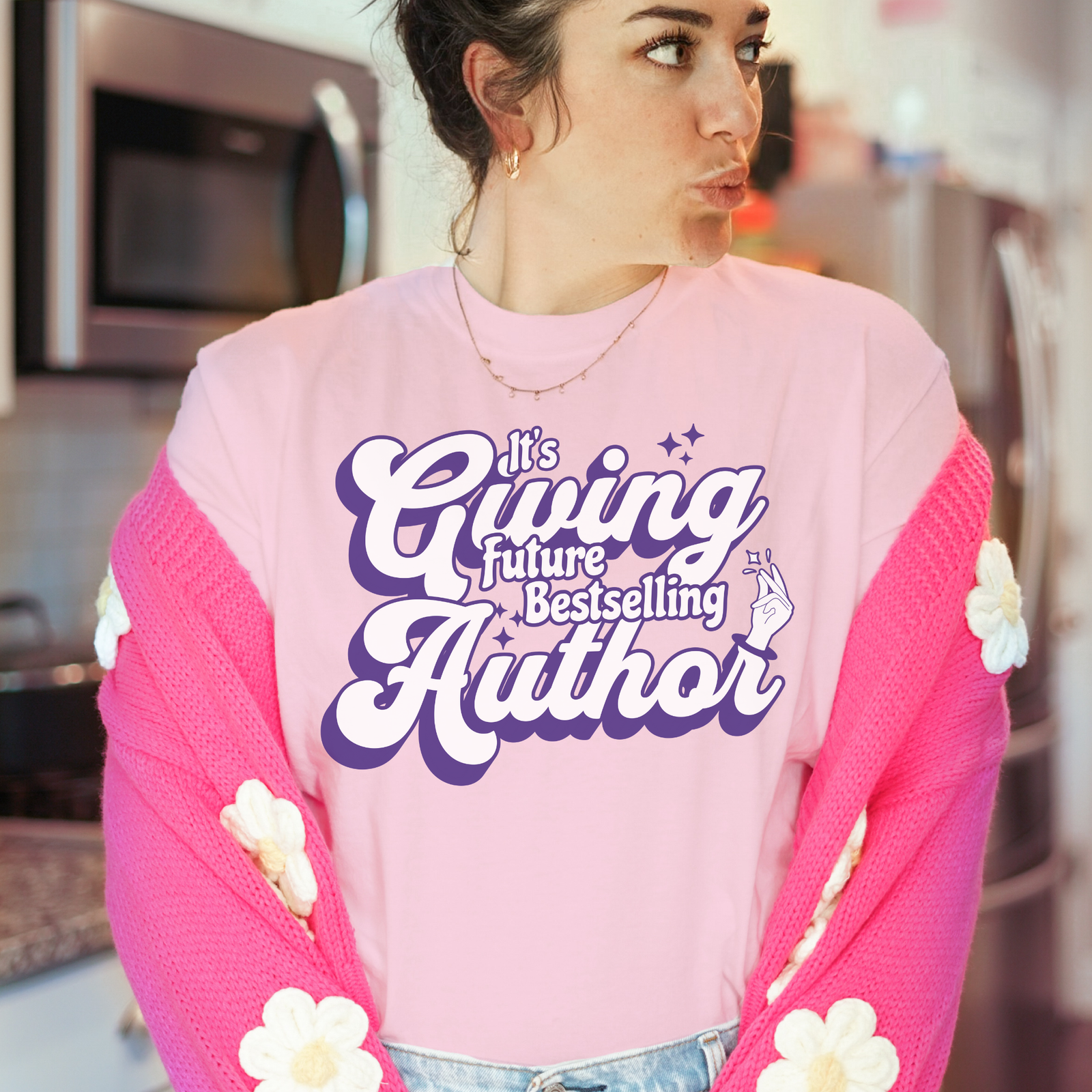Imposter syndrome and writers: what is the link? What exactly is Imposter syndrome and what has it got to do with me? Yep. You are probably asking these questions. But imposter syndrome is actually a big problem many writers face.
It is that weird feeling that even the most accomplished writers often experience. It’s that nagging voice in your head whispering, “You don’t belong here” or “You’re just not good enough.” As a writer, I know this feeling all too well—I certainly do. I struggle with it everyday. This internal struggle is common among writers, perhaps because writing is such a personal and sometimes lonely endeavour.
Today, let’s explore how imposter syndrome affects writers and keeps us from producing our best work. We will have a better understanding of the effects of imposter syndrome on writers. I also have a blog post you can check out after this, that explains how you can overcome imposter syndrome as a writer.
Constant Self-Doubt
Self-doubt is one of the common ways imposter syndrome affects writers. It manifests as questioning your abilities and second-guessing every word you put on paper. It creeps into a writer’s mind with thoughts like, ‘Can I really do this?’ This nagging question can paralyze creativity and lead to a constant cycle of second-guessing.
Self-doubt can be crippling, making you wonder if you’re truly capable of writing a compelling story or if your voice deserves to be heard. The impact is significant, holding you back from finishing projects or even starting them.
Fear of Failure
For many writers, the fear of failure is enough to halt progress. Fear is not just about failing. It could also be about the consequences of failing such as being judged, criticized, or, worse, ignored. This fear can lead to stagnation, where you stick to “safe” topics and styles, never taking those bold creative risks. It’s really sad how imposter syndrome affects writers this bad.
Perfectionism
Perfectionism often goes hand-in-hand with imposter syndrome. It’s one of the effects of imposter syndrome on writers that can make the writing process feel stressful and less joyful.
Writers often set unrealistic standards for themselves, believing that everything they write must be flawless from the first draft. This perfectionism delays progress because nothing ever feels “good enough” to be shared. The unrealistic standards set can lead to endless revisions, which means more time spent working on a small piece of writing. The truth is, writing is a process, and first drafts are meant to be imperfect.
Comparing to Other Writers
I must confess: this has been a big problem for me. As a poet, I’m often tempted to compare myself with successful poets that show up on my Instagram feed. Comparison really is toxic and imposter syndrome makes you constantly measure your work against others, leading to feelings of inadequacy.
When we pull out our social media feeds, it’s easy to fall into the trap of comparing ourselves to others. You might think, “I’ll never write as beautifully as them,” or “Their ideas are so much more original.”. This discouragement can sap your motivation and make writing feel like a chore instead of a passion.
Procrastination and Avoidance
Imposter syndrome fuels a cycle of procrastination and avoidance. Writers battling imposter syndrome often find themselves delaying writing tasks and piling up projects. That toxic relationship between imposter syndrome and writers leads to writers having to deal with the feeling of being overwhelmed as deadlines approach. It becomes a vicious cycle: the more you procrastinate, the bigger the task seems, and the more daunting it feels to start.
Overthinking and Self-Criticism
Writers with imposter syndrome tend to overanalyze their work, slowing down progress. With excessive self-criticism, it becomes a habit to pick apart every word and every sentence, making you question if any of it is truly good. You might find yourself stuck on a single line, rewriting it over and over, convinced it’s not right. Overthinking and self-criticism are effects of imposter syndrome in writers that can drain energy, slow writers down, and making writing way harder than it is.
Avoiding Publication and Exposure
The thought of putting your writing out into the world can be terrifying. Imposter syndrome in writers triggers anxiety around publishing. You worry that your work isn’t “good enough” for readers. It can stop you from sharing your work, depriving the world of your unique perspective.
Downplaying Achievements
Writers end up downplaying their hard-earned victories, and attribute success to luck or external factors rather than their own talent and hard work. Imposter syndrome prevents writers from taking time to celebrate progress. The end result of lack of acknowledgment is feeling unworthy and becoming less confident.
Struggling to Take on New Challenges
Imposter syndrome may cause you to avoid taking on new challenges or exploring different genres, worried you won’t measure up. As a writer, it keeps you from discovering new passions or skills. It makes you worry you’ll fail and prove your doubts right. This fear can make it tempting to stick with what feels safe, but that often means missing out on growth and new opportunities.
Giving Up Too Easily
Imposter syndrome in writers can contribute to an alarming tendency to abandon projects at the first sign of struggle. Writers may think, ‘If I can’t nail this, maybe I shouldn’t try at all” or “This isn’t working. I’m not cut out for this.” However, giving up too easily robs you of the opportunity to grow and learn from your mistakes. Persistence is key in writing, and quitting can lead you to lose the opportunity to release a bestseller.
Conclusion
Every writer is unique, and it’s essential to embrace that. Even the most successful writers have battled with imposter syndrome. The key is to keep writing, keep sharing, and keep believing in the value of your work. Celebrate your progress, learn from your setbacks, and trust in your ability to create something meaningful. Your words have value, and the world needs to hear them.
You can also read my post on 8 Ways Writers Can Overcome Imposter Syndrome to find out how to overcome self-doubt as a writer.
Thanks for reading! I hope this was helpful.
Do subscribe to receive updates on new blog posts, and don’t forget to follow on Pinterest for more writing tips.

















